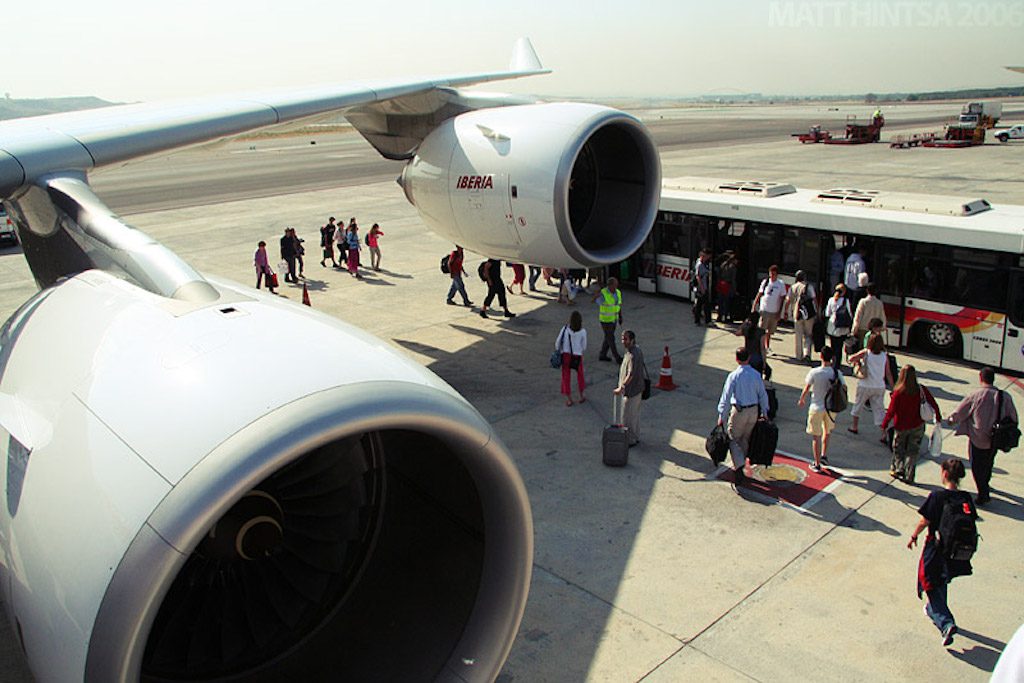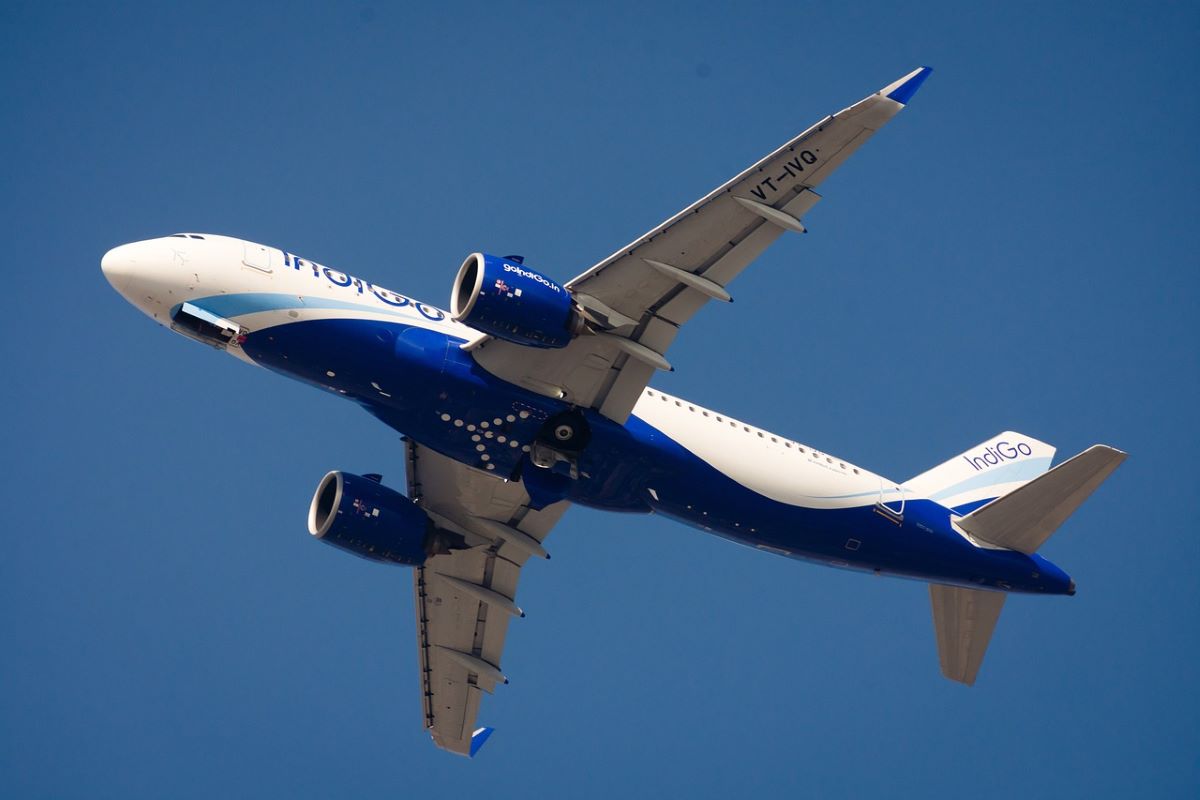All-in-One Management Platforms Need Traveler Support to Get Off the Ground

Skift Take
All-in-one platforms are all the rage right now, both in the events industry and in corporate travel. Companies are looking for a way to keep all their data in one place and make the process of booking travel or organizing events as simple as possible.
Fully integrated travel platforms also cut down on costs for companies, allowing them to keep closer track of expenses and reduce out-of-policy booking. The problem is: Many business travelers are resistant to the change, according to a recent report by the Association of Corporate Travel Executives in collaboration with American Express Global Business Travel. This resistance is the main reason why the vast majority of companies say they do not have a fully integrated platform, although many say it's a top priority.
It’s not the travelers fault, however. Like anyone else, employees need a good reason to rearrange their habits and make a big shift. Newly integrated booking and expense tools need to be quick and intuitive to use before all-in-one platforms will become the norm.
"For this to work, you need to be clear that you're ending up making things better for them," said Bruno Murray, vice president at American Express Global Business Travel. "That seamlessness of user experience is being increasingly recognized, and I think it's a really key step. If you don't think about that, you are not going to do it right. It's not going to go well. You need to put that front and center."
Only 20 percent of travel buyers surveyed said that they had a fully integrated travel management platform, with the remaining 80 percent reporting no integration or partial integration. Despite this, nearly every respondent considered it useful, with 92 percent saying it was a major priority.
Buy-In Is Key
So what’s holding these companies back? Rather than money, most survey respondents said it was the business travelers themselves
“While money is significant, the bigger piece is getting so many people to go through change. And getting buy-in from leadership that getting so many people to go through change is doable is not easy."
Pushing a new platform on so many people will likely just result in more out-of-policy booking, which ironically is one thing companies are trying to avoid by putting an all-in-one platform in place.
In fact, money was one of the lowest obstacles cited. Employees in the procurement and finance areas of corporations, who deal closely with the travel budget, were the ones most likely to push for an all-in-one platform.
“The kind of change we’re talking about here, where we’re moving from several different systems — or in some areas, moving from no system at all — to having all of these things working together in synergy, the money implication is significant,” Murray said. “But what we’ve seen is that it pays for itself. You get the return you’re expecting from this work.”
User-Friendly Features: In-App Messaging
One way to get travelers on board is the features companies choose to include. All companies are going to have a different idea of what a “fully integrated platform” means, and not all will include the same tools. Virtual payments, for example, are generally most useful for companies with a lot of contract workers or consultants, while other do not need them.
According to Murray, including messaging features within the app is one of the best ways to get more travelers to adjust to a new platform. Making the platform as similar to a consumer app as possible, in fact, can go a long way in winning travelers over.
But only 35 percent of survey respondents considered in-app messaging a priority, making it one of the lowest features considered by travel buyers.
“In-app messaging is still relatively new, particularly in the corporate space," said Murray. "The thing is, when it comes to the travelers, it’s a great mechanism for having them buy into the change and having that seamless change experience. That’s why we think it’s important, but not everyone has reached that point in the thought process yet.”
Large travel management companies like American Express Global Business Travel have long struggled to provide companies with booking and expense tools that are actually easy and comfortable for travelers to use.
Startups look to Consumer Apps
This is where tech-focused travel management startups like TripActions and TravelPerk have come in, winning over businesses by providing a smoother, more modern travel experience more like booking leisure travel. These companies have often modeled their platforms on popular, everyday apps.
Clearly, more and more industry players are recognizing the importance of deferring to the traveler rather than the corporation. TripActions in June raised another $250 million, and in July TravelPerk raised $60 million.
Despite how much these startups have grown, however, and the increased interest in all-in-one platforms, Murray believed that widespread use of of all-in-one platforms in the corporate travel world is a long-term goal, maybe 10 years down the line.
“I think people are at the point where they understand what the point of arrival could look like, but it’s not going to be lots of companies reaching that point anytime soon. It’s going to be about those incremental steps.”
Ultimately, he added, it will come down to how willing companies are to work with their travelers. Often, that means a shift in thinking.
"Travel buyers are seeing travelers as sort of the barrier, and that can turn it into an 'us versus them' thing," he said. "That's not the way to approach this at all." Below is the full report by the Association of Corporate Travel Executives in collaboration with American Express Global Business Travel.
[gview file="https://skift.com/wp-content/uploads/2019/10/ACTE-The-Journey-to-Integrated-Travel-Management-OCT2019.pdf"]




